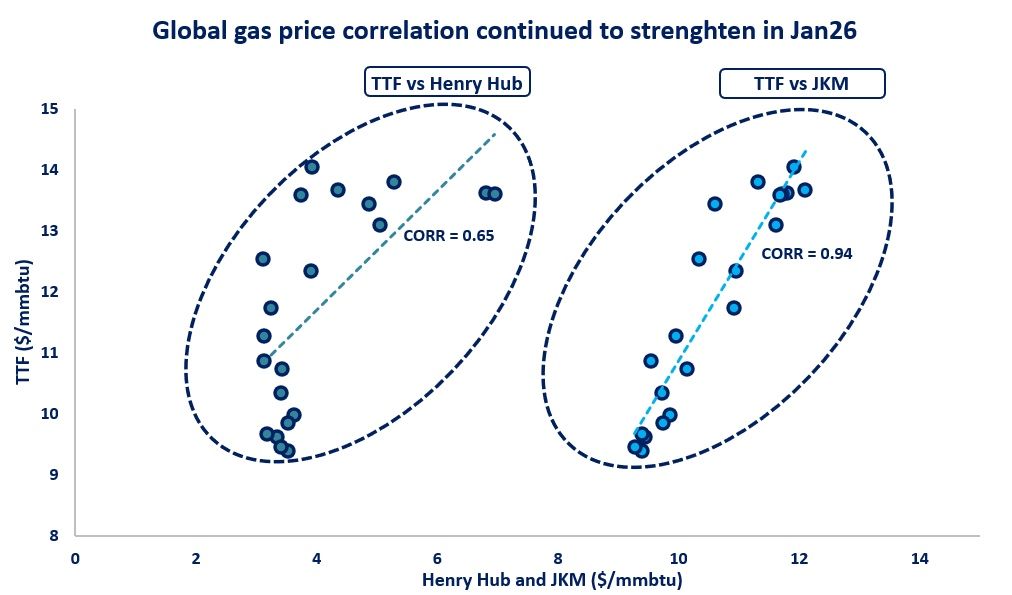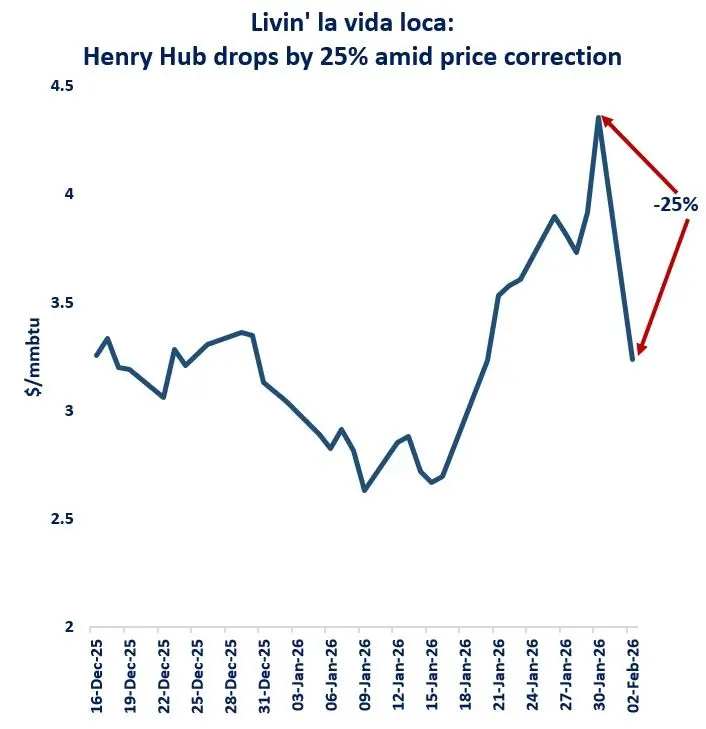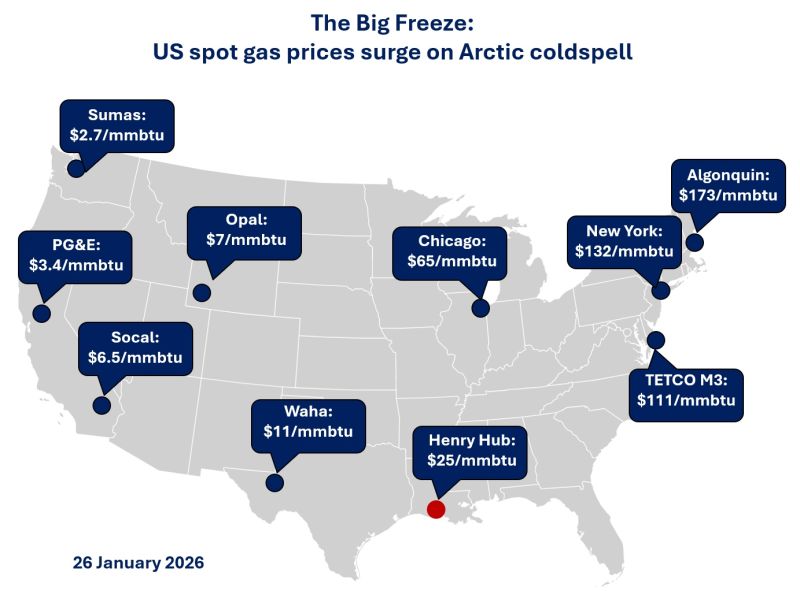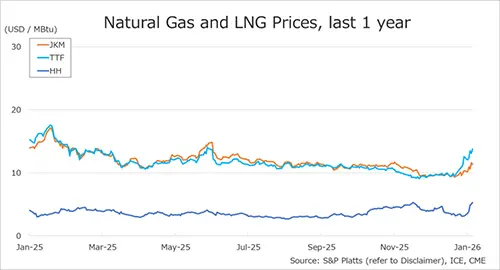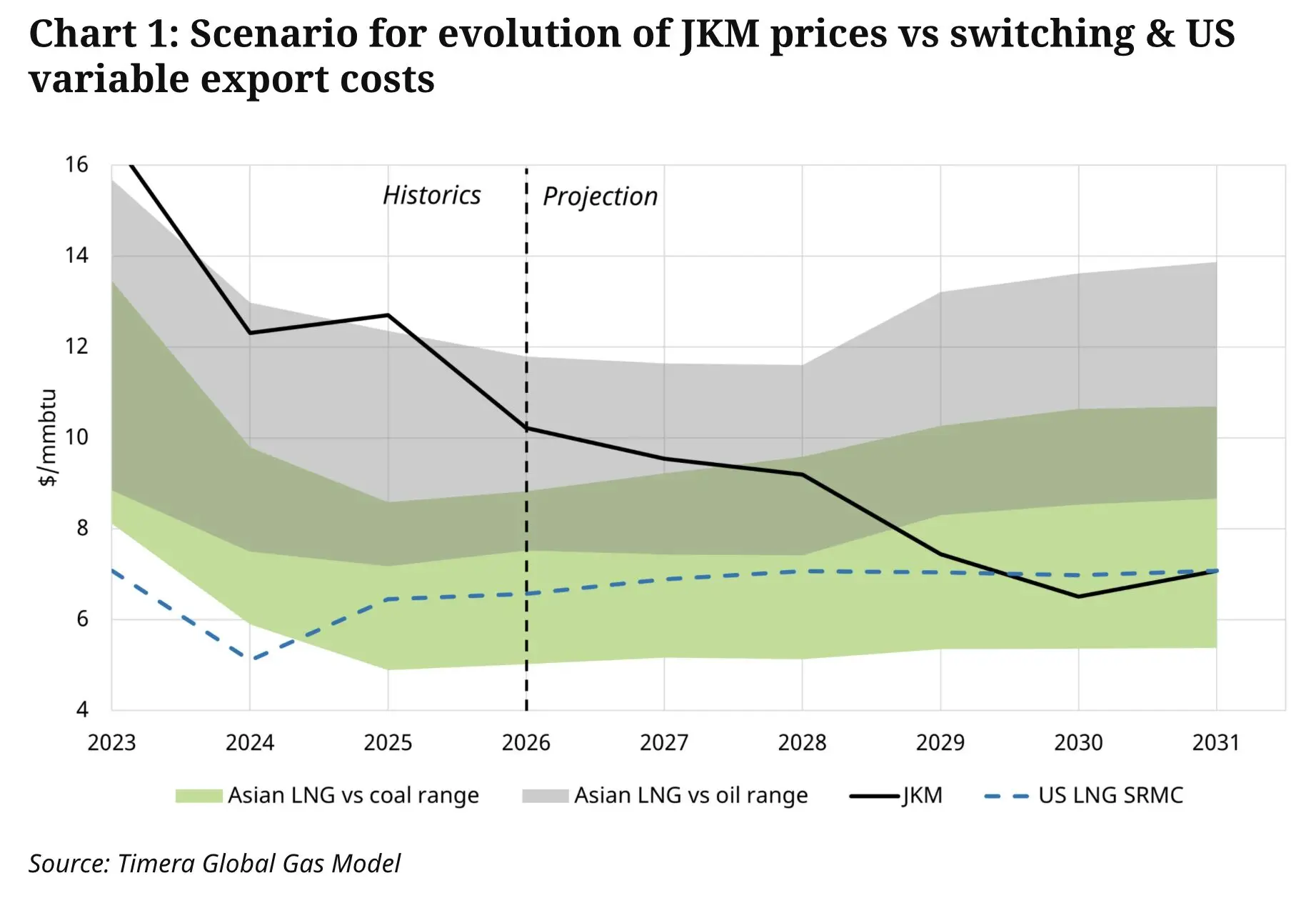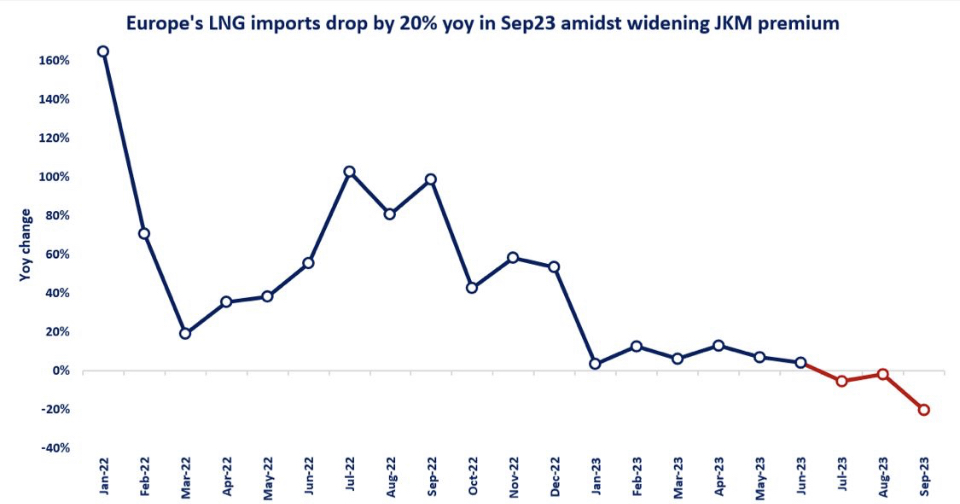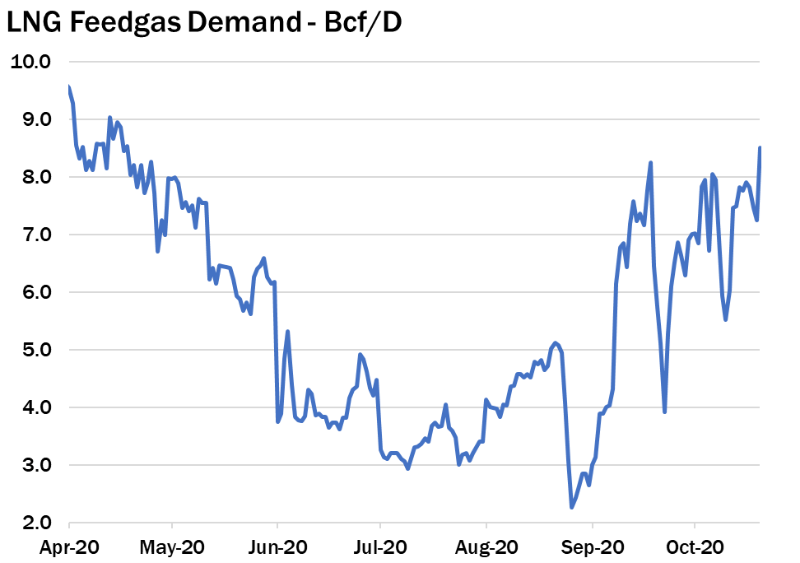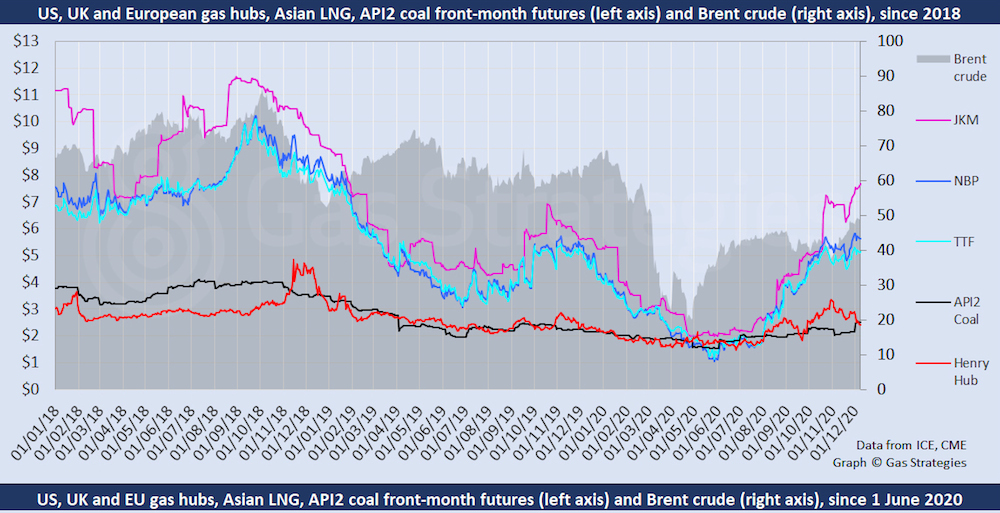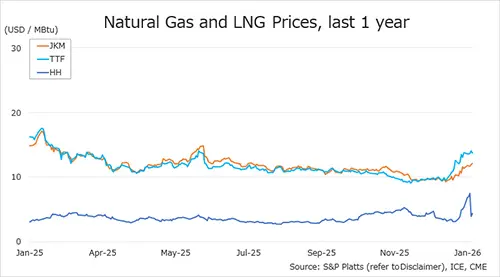
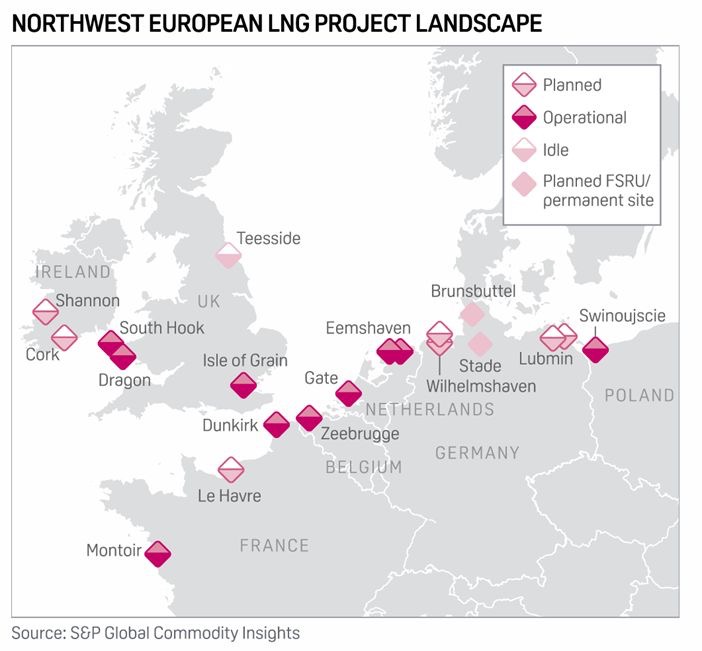
Germany is poised to begin commissioning work at its first floating LNG import, enabling the EU powerhouse to receive direct LNG imports for the first time.
The country has long held the ambition to install LNG terminals on its northern coast, but Russia’s invasion of Ukraine and subsequent cuts in pipeline deliveries lent new momentum to German efforts to diversify supply through LNG, was reported by S&P Global Commodity Insights.
In all, six import projects are under development – five backed by the German state and one privately funded terminal:
The first to start up will be Uniper’s state-backed #FSRU at Wilhelmshaven — the Hoegh Esperanza — which arrived in port on 15th Dec. 2022.
Private developer Deutsche ReGas is hoping to commission the Neptune FSRU at the port of Lubmin before the end of December. The FSRU arrived into the port on 16th Dec. 2022.
RWE, plans to deploy a state-backed FSRU at Brunsbuttel in January 2023, later than originally hoped.
Both the FSRUs at Wilhelmshaven and Brunsbuttel are to be supplied with LNG by Uniper, RWE and EnBW Energie Baden-Württemberg AG unit VNG under a memorandum of understanding signed with the German economy ministry to guarantee their full use until March 2024.
Three other state-supported FSRUs are under development and are due online by the end of 2023 at: Stade (Hanseatic Energy Hub – HEH); Lubmin (RWE/Stena-Power); and Wilhelmshaven (TES/E.ON/ENGIE).
The German economy ministry said in September that the FSRUs at Brunsbuttel and Stade would be operated only until permanent onshore terminals go into operation in 2026.
The permanent Brunsbuttel terminal is expected to begin operations in 2026, although efforts are underway to accelerate the startup, and its capacity could be expanded to at least 10 Bcm/year.
Source: Gonzalo CABRERA

